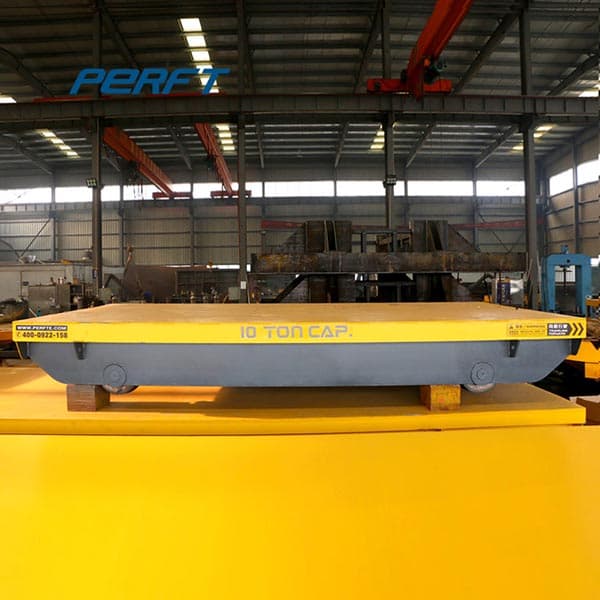- INDUSTRAIL TRAILER
- Ackermann Steering Trailer
- Double Directions Tow Trailer
- General Trailer
- Heavy Duty Trailer
- RAIL TRANSFER TROLLEY
- Battery Powered Transfer Trolley
- Cable Powered Transfer Trolley
- Rail Powered Transfer Trolley
- TRANSFER CART ON WHEELS
- AGV
- Differential steering Transfer Cart
- Hydraulic Steering Trackless Vehicle
- Omnidirectional Mobile Trackless Vehicle
-
INDUSTRAIL TRAILER Ackermann Steering Trailer Double Directions Tow Trailer General Trailer Heavy Duty Trailer RAIL TRANSFER TROLLEY Battery Powered Transfer Trolley Cable Powered Transfer Trolley Rail Powered Transfer Trolley TRANSFER CART ON WHEELS AGV Differential steering Transfer Cart Hydraulic Steering Trackless Vehicle Omnidirectional Mobile Trackless Vehicle
-













